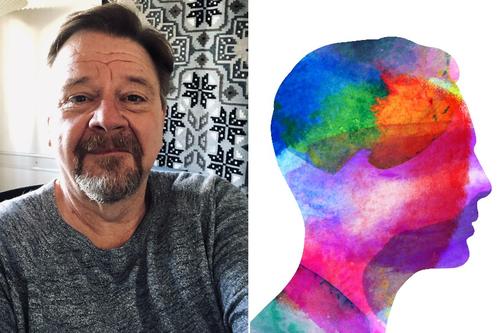
June is Men’s Health Month and the five major mental health problems, according to Mental Health America, are depression, anxiety, bipolar disorder, psychosis and schizophrenia, and eating disorders.
John Schipke from the Community-University Health Care Center (CUHCC) talks about why there is a stigma about men seeking help for their mental health — specifically depression — and how they can broach the topic with their providers.
John Schipke
“Men are taught that their greatest contribution is to make things happen and, when necessary, fix things. Relationally, this is a failure path as our partners long to be heard and understood, not fixed.
“Men largely find their identities and their social connections at work. In the time of the pandemic when all of us were isolated and disconnected it has left many men rudderless. During the pandemic rates of domestic violence, substance abuse, mental illness, overdoses and suicide have all increased. The confusion, frustration and hurt that grows from this disconnection leads to self-medication with drugs and alcohol and depression. One in ten men suffers from a substance use disorder, depression or both.
“The solutions that men can consider during times of social disconnect are:
- Seek first to understand — Steven Covey
- Live life on Life’s terms — Alcoholics Anonymous
- Knowing that we can be loved exactly as we are gives us all the best opportunity for growing into the healthiest of people. — Mr. Rogers
- Seek support when and where it feels safe to get it.
“Keeping these solutions in mind can help an individual reflect on what they are experiencing and feeling, as well as recognizing when it is time to seek professional help.”
Contact information
John Schipke
Therapist at CUHCC
612-301-3433
John Schipke, LICSW, has been a therapist for 38 years, 14 years at CUHCC. He specializes in working with adults who want a better life, including general therapy concerns, mood disorders, anxiety, addiction, trauma, and couples therapy — to name a few.
- Categories:
- Health
- Health conditions




